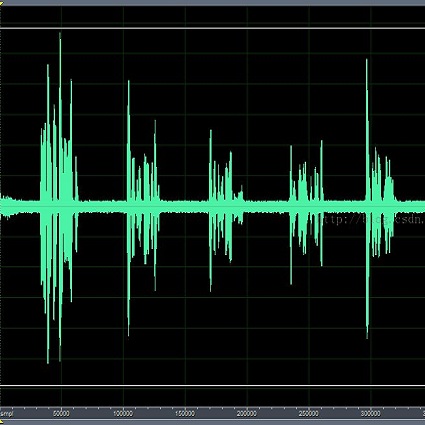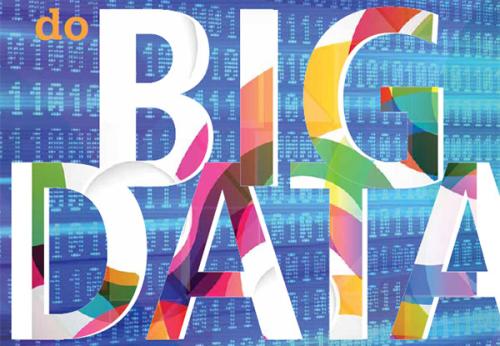Speech enhancement is crucial in human-computer interaction, especially for ubiquitous devices. Ultrasound-based speech enhancement has emerged as an attractive choice because of its superior ubiquity and performance. However, inevitable interference from unexpected and unintended sources during audio-ultrasound data acquisition makes existing solutions rely heavily on human effort for data collection and processing. This leads to significant data scarcity that limits the full potential of ultrasound-based speech enhancement. To address this, we propose USpeech, a cross-modal ultrasound synthesis framework for speech enhancement with minimal human effort. At its core is a two-stage framework that establishes correspondence between visual and ultrasonic modalities by leveraging audible audio as a bridge. This approach overcomes challenges from the lack of paired video-ultrasound datasets and the inherent heterogeneity between video and ultrasound data. Our framework incorporates contrastive video-audio pre-training to project modalities into a shared semantic space and employs an audio-ultrasound encoder-decoder for ultrasound synthesis. We then present a speech enhancement network that enhances speech in the time-frequency domain and recovers the clean speech waveform via a neural vocoder. Comprehensive experiments show USpeech achieves remarkable performance using synthetic ultrasound data comparable to physical data, significantly outperforming state-of-the-art ultrasound-based speech enhancement baselines. USpeech is open-sourced at https://github.com/aiot-lab/USpeech/.
翻译:暂无翻译





